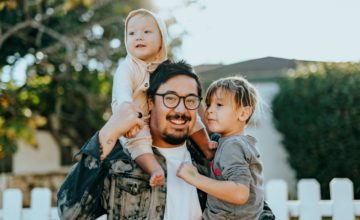
Distillation
Multilingualism: Multiple Benefits
Multilanguage learners (MLLs) are children learning two (or more) languages at the same time. Multilingualism has multiple benefits.
Details
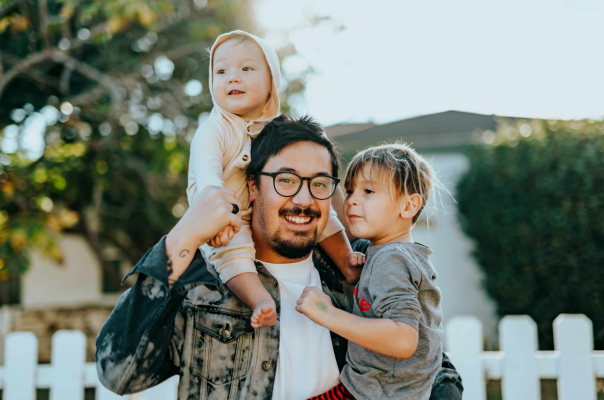
Explore stories from early childhood professionals, learn about different cultures and find resources for modeling inclusivity and increasing family support.
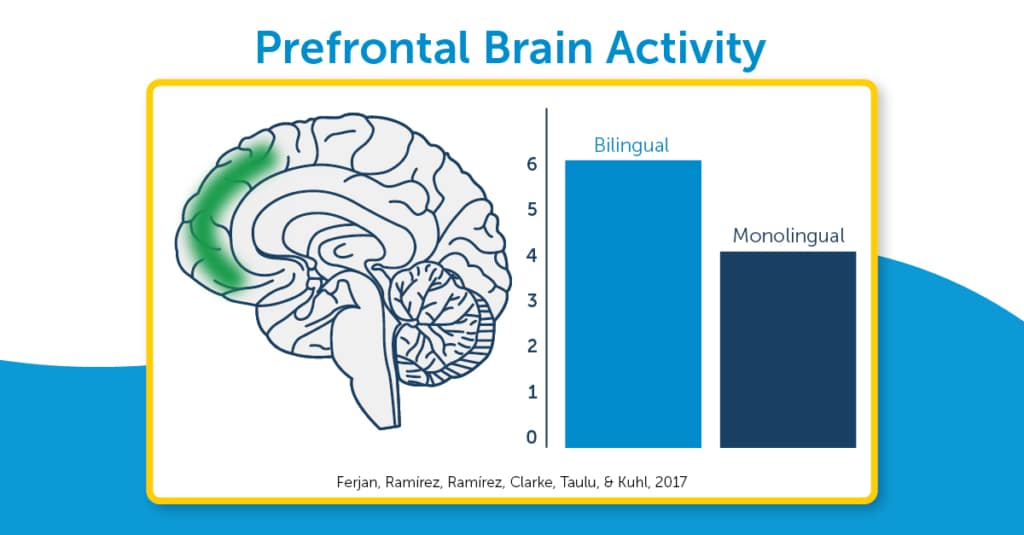
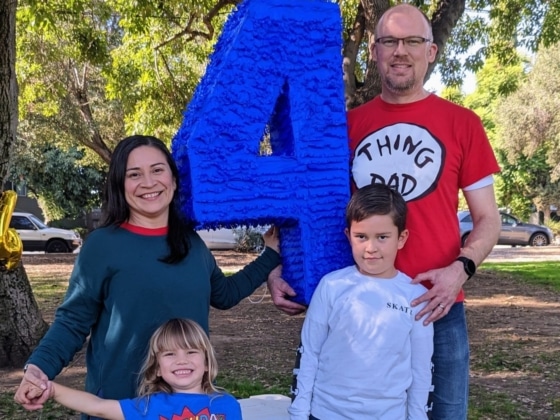
Now DC:0-5 certified trainers working in the Los Angeles County Department of Mental Health, they provide individualized and family-focused services to meet a range of needs.

Licensed Clinical Social Worker, Infant-Family Early Childhood Mental Health Specialist and Supervisor for Los Angeles County, Department of Mental Health’s Young Mothers and Babies
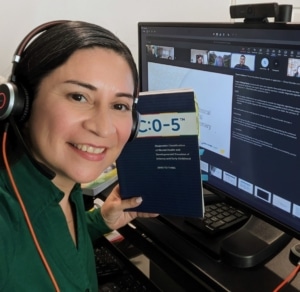
Los Angeles County Department of Mental Health

Dr. Diaz is a ZERO TO THREE Fellow and Senior Partnership Manager for the University of Florida Lastinger Center. Her impressive 32 years in the field spans many aspects of early childhood education and professional development.
As the Director of Program Management and Technology for the National Center on Early Childhood Development, Teaching and Learning at ZERO TO THREE, Luisa plays a key role in supporting and developing resources & technology solutions for Head Start and Early Head Start.
Abel is Founder and CEO of Aprendamos Intervention Team, an organization providing early intervention services in Doña Ana County, New Mexico, and a Board Member of ZERO TO THREE.
Building Relationships and Buffering Toxic Stress: Group-Based Medical Care With Spanish-Speaking Latino Families
This article describes a group model for medical visits during pregnancy and early childhood, an intervention designed to promote relationships and address toxic stress for Spanish-speaking Latino families.
Beyond a Haircut, lunch pail, and new shoes: Opening Doors to School Readiness for Latino Children and their Parents
Abriendo Puertas/Opening Doors is an evidence-based program developed by and for Latino parents of young children to address opportunity gaps related to young Latino children.
Historical, Sociopolitical and Mental Health Implications of Forcibly Separations in Young Migrant Latin American Children and Their Families
This article addresses immigration as a psychosocial event and describes the different stages of the immigration process, when immigration becomes traumatic, and how each immigration stage can place vulnerable Latin American families, at high risk for traumatic stress. The authors explore pre-migration experiences and the factors bringing young families to cross the United States– Mexico border.


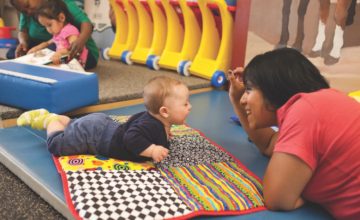


We are committed to advancing equity, diversity and inclusion for babies, toddlers and their families.
|
Join us for the 2025 LEARN Conference in Baltimore this October! Early bird pricing ends July 14.
|